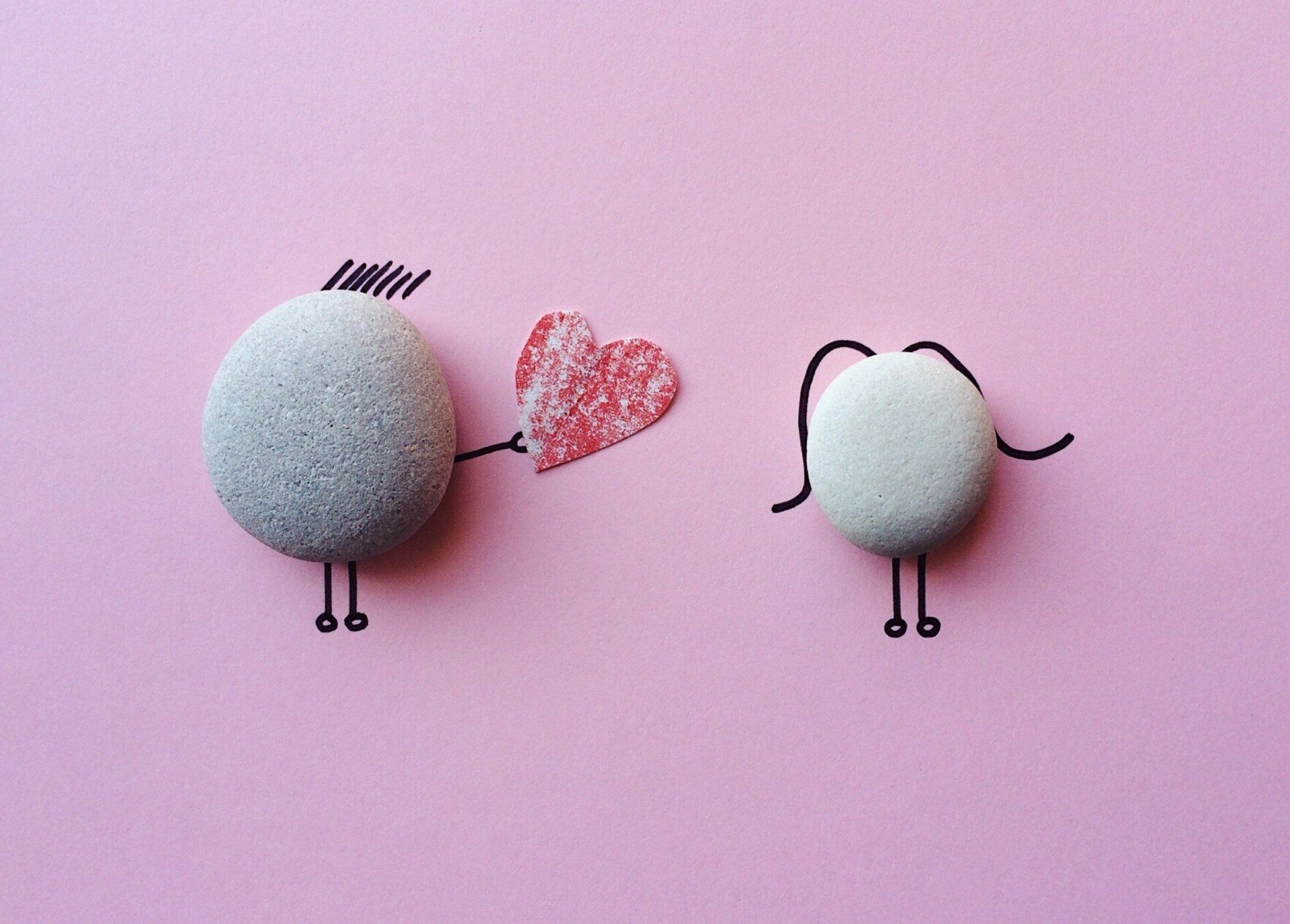Why Small Changes Matter

Goal-setting and habit-changing advice often refer to the power of making small changes. The problem with popular advice is that we stop listening when we think we've heard it all before. In doing that, we dismiss something potentially valuable.
And there are valid reasons why small changes matter.
Knowing that something needs to change is one thing, but instigating change can be hard. When the end goal feels overwhelming, starting with small changes is not just a self-help cliche. It's a path forward.
So, what's stopping you from initiating those first micro changes towards your goal?
The Small Change Roadblocks

You Have To Go Big or Go Home
You're an all-or-nothing person, no dilly-dallying. You feel the only way to make meaningful changes is with bold actions.
A Small Change Won't Make Any Difference
If you need to lose ten kilos, cutting back on the sugar in your tea and coffee will unlikely give you dramatic weight loss after a few weeks. Is taking the stairs, rather than the lift, suddenly going to give you a six-pack? When the rewards are so low, why bother?
It Will Take Too Long
You get frustrated when you have to wait a week for the next episode of The Rings of Power when you've gotten used to having a whole TV series available on demand. Small changes mean patience and taking a long-term approach—an alien concept compared to our love affair with instant gratification.
Small Change Is Just a Big Change in Disguise
It might start with a small change, but you know there will be a whole series of small changes if you want to reach your goal. And when you think about what's involved, your head hurts.
It Won't Work for You
The effectiveness of small changes doesn't apply to you because you don't have the willpower, talent, confidence or any other attributes needed to achieve your goal or change your habits.
OK, let's tackle those barriers.

You Don't Have To Go Big or Go Home (If You Don't Want To)
If bold changes work for you, great. Go for it. If that's how you roll, I won’t tell you to fix something that ain't broke.
But that approach doesn't work for everyone. The thought of making massive, sweeping life changes can be overwhelming. These changes take you so far beyond your comfort zone that when you look back, your comfort zone resembles the pale blue dot picture of Earth from NASA's Voyager spacecraft.
Just because you're not ready for such extreme change doesn't mean you should accept your lot in life.
The Illusion of Achievement
When we see success stories, we often only see the end result. It can seem like everyone has achieved overnight success, a fairytale transformation. We don't see what has gone into getting that gold medal, six-figure job or thriving business. Others make it look so easy, and when we think of ourselves, we can't imagine it ever happening to us.
Of course, not all goals have to reach those heights. They don't even have to be about material success. It could be changing behaviours in yourself to help realise your potential. It could be finding a job you enjoy that doesn't give you the Sunday scaries. You may need to change your lifestyle to improve your health.
Any change can feel like a mountain without taking it one step at a time. Subtle shifts in habits might not make the social media headlines, but they can still have a transformational effect.
The 4 Small Change Superpowers
When you start making small changes, you unlock superpowers that work together to help you on your path.
1. Incremental Gains
In his book Atomic Habits, James Clear tells the story of the British cycling team who turned their fortunes around by implementing the marginal gains approach, or one percent improvements.
Some of these changes were typical for a cycling team, like redesigning bike seats. Other adjustments appeared less so, like switching the athletes' pillows. But if that pillow helped athletes improve their sleep and enabled them to perform better the next day, it makes complete sense.
The idea was that each minor improvement would have a cumulative effect on performance, and it worked. The Beijing Olympics in 2008 became the start of a golden era for British cycling.
You don't have to be an elite athlete to benefit from the power of incremental gains. One study revealed how small behavioural changes could significantly impact weight loss and help to keep it off. Why might this be?
2. Habit Building
If you build relatively simple changes into your diet, it's easier for them to become a habit. If you barely get beyond one of your five fruit and veg per day, ramping straight up to five will be a tough ask. But, if you start by introducing one piece of fruit as your mid-morning snack, it feels more doable. And the more doable it is, the greater the chance it becomes an automatic habit.
Once the habit is in place, you can consider introducing a new one. If you've already successfully established one habit, you'll better rate your chances of implementing the next one. This self-belief creates a feedback loop, boosting your chances even further.
3. Building Confidence
One study echoing this train of thought showed that the stronger someone's belief in their ability to maintain a habit, the better the chance of the habit sticking.
These small changes affect your comfort zone but don't take you far beyond it—just enough to feel a sense of achievement and boost your confidence. Yes, that to-do list of each step required may initially seem unattainable, especially if you've always doubted yourself. But a small win can spur you on to the next step. You'll be surprised at how far a little self-belief from incremental gains can take you.
4. Sustainable Change
The success of New Year's resolutions doesn't have a great track record for many of us. Have you ever been in a crowded gym on the 2nd of January? After the indulgence of Christmas, going all in with your fitness feels like a positive way to kick off the new year. You might start with good, even radical intentions by going five or six times a week, but can you keep that up come February? And how much are you going to beat yourself up about not maintaining your challenging target?
Small changes don't force you to deliver on huge promises, so there's more chance of making progress and keeping your confidence intact.
"After climbing a great hill, one only finds that there are many more hills to climb"
Focus on the Process, Not the End Goal
Keeping your mind on the next step will help your progress more than fixating on the distant end result. Focus on the wins and reflect on how your modest changes are steadily impacting your life.
If you constantly chase the dream, you miss out on the present. Make one of your small changes to live in the moment more. Start by taking a few seconds in the morning before you get up to notice how you feel or think about something you're grateful for. Then, build on it. Notice what's around you and appreciate the small things that help to make your day better.
There's no point in waiting to be happy once you've reached your goal, because what comes next? Another goal.
Small Changes Really Do Matter
Small changes make it easier for something to become a habit and for you to see positive results. Positive results will boost your self-belief, encouraging you to take another step. And with each step you take, the compound effect of those efforts can be immense.
Thanks for Reading!
Do you need wellbeing and lifestyle blog content for your website?
If so, I'm your girl.
I can develop and transform your ideas into engaging blog pieces, saving you time and effort.









